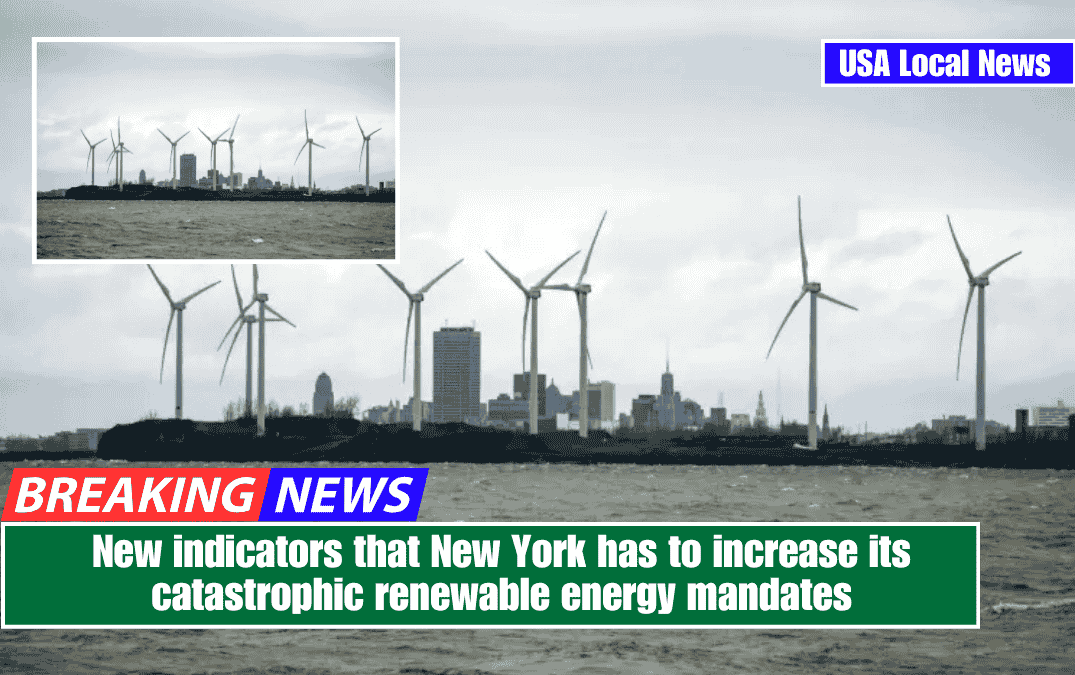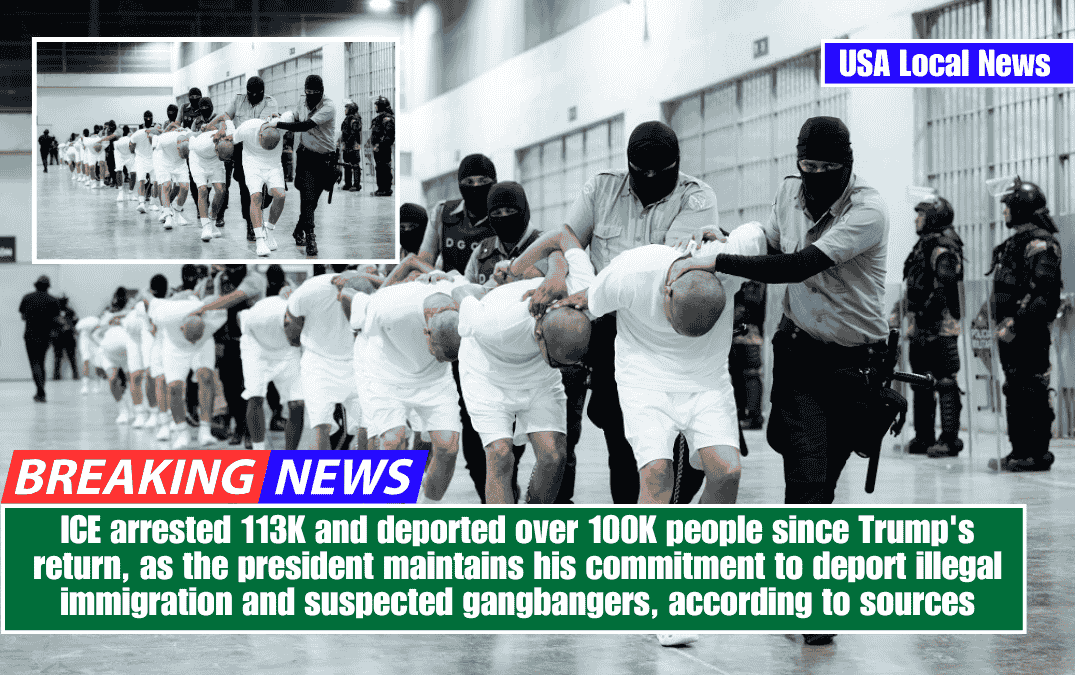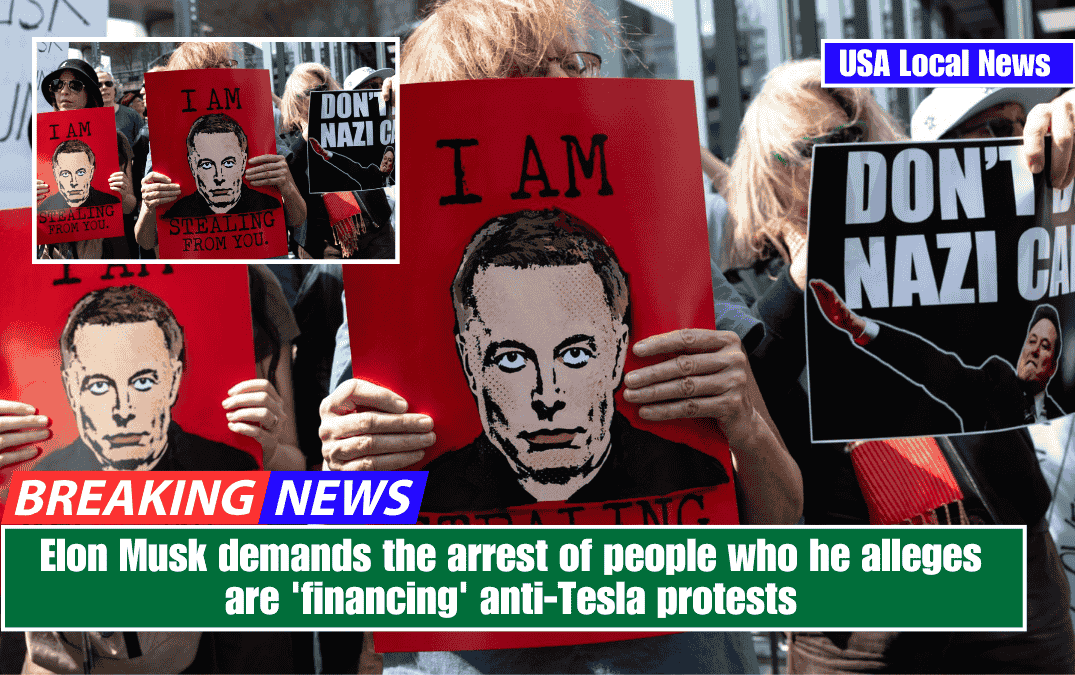WASHINGTON — On Sunday, US President Donald Trump threatened Iran with bombing and secondary tariffs unless Tehran reached an agreement with Washington on its nuclear program.
In his first remarks since Iran rejected direct talks with Washington last week, Trump told NBC News that US and Iranian officials were speaking, but did not elaborate.
“If they don’t make a deal, there will be bombing,” Trump stated during a phone interview. “It will be bombing the likes of which they have never seen before.”
“There’s a chance that if they don’t make a deal, that I will do secondary tariffs on them like I did four years ago,” said the economist.
Iran responded through Oman to Trump’s letter urging Tehran to reach a new nuclear deal, saying its policy was not to engage in direct negotiations with the US while under maximum pressure and military threats, Tehran’s foreign minister said on Thursday.
Iran’s President Masoud Pezeshkian reiterated the policy on Sunday. “Direct negotiations (with the U.S.) have been rejected, but Iran has always been involved in indirect negotiations, and now too, the Supreme Leader has emphasized that indirect negotiations can still continue,” he said, referring to the Ayatollah
In the NBC interview, Trump threatened Russia and Iran with so-called secondary tariffs, which affect buyers of a country’s goods. He signed an executive order last week authorizing such tariffs on Venezuelan oil importers.
Speaking to reporters on Air Force One later on Sunday, Trump stated that his decision on secondary tariffs will be based on whether Tehran agrees to a deal.
“We’ll probably give it a few weeks, and if we don’t see any progress, we’ll put it on. We are not putting them on right now. But, if you recall, I did that six years ago, and it worked extremely well,” he said.
In his first term from 2017 to 2021, Trump withdrew from a 2015 agreement between Iran and world powers that limited Tehran’s disputed nuclear activities in exchange for sanctions relief.
Trump also reinstated sweeping US sanctions. Since then, the Islamic Republic has far exceeded the agreed-upon limits on uranium enrichment.
Tehran has so far rejected Trump’s warning to make a deal or face military action.
Western powers accuse Iran of pursuing a covert agenda to develop nuclear weapons capability by enriching uranium to a high level of fissile purity that exceeds what they consider acceptable for a civilian atomic energy program.
Tehran claims its nuclear program is solely for civilian energy purposes.















